AI Thought Leaders Actually Worth Following in 2025
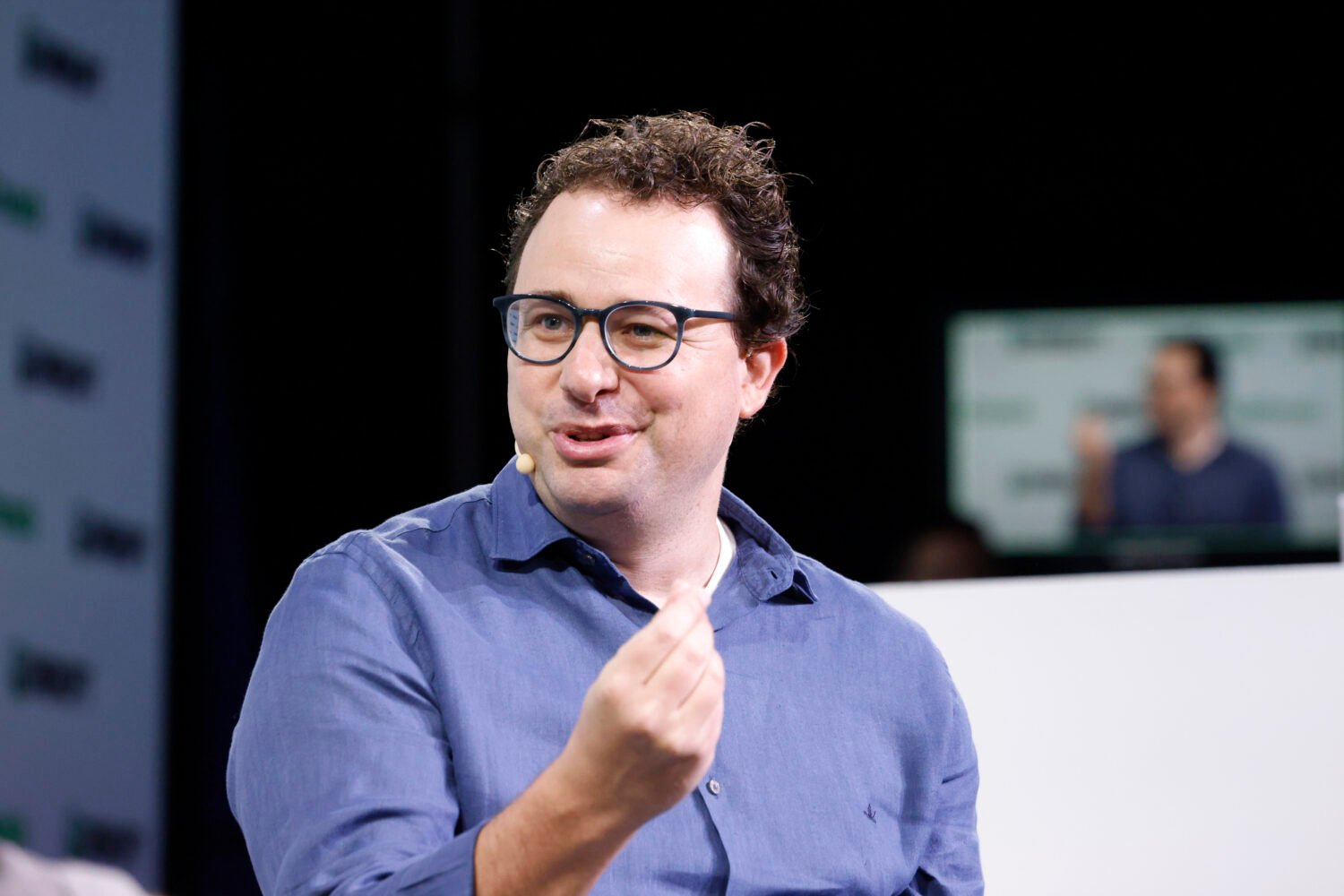
It could be the great debate of our time. In one corner: Dario Amodei, CEO of Anthropic, the AI startup behind the Claude chatbot. In the other: Jensen Huang, CEO of AI chip maker Nvidia. While Amodei warns that the AI revolution could soon kill half of entry-level white-collar jobs, Huang argues that it will create more and better roles for people.
For companies, investors, policymakers and the public, their words carry serious weight. Huang and Amodei are both AI thought leaders — industry experts with real credibility, unique insights and a knack for translating concepts for a wider audience.
In a crowded space where everybody seems to have an opinion, those qualities add up to authority and influence. By sharing their thought leadership, Amodei and Huang and helping shape the conversation about what AI is, what role their companies will play, what it means for society and what the future holds.
An AI thought leader needs to be a strong communicator, capable of expressing themselves in a way that resonates with the public.
What makes an effective AI thought leader
Huang, Amodei and other true AI thought leaders didn’t gain their influence by accident.
For starters, they have deep knowledge of the industry, along with specialized expertise and their own take on where things are headed. All of this gives them credibility.
An AI thought leader also needs to be a strong communicator, capable of expressing themselves in a way that resonates with the public. Machine learning, large language models (LLMs), neural networks — they bring dry and difficult topics to life in plain language.
AI thought leaders also need to have effective channels for disseminating their content. This means cultivating a wide and receptive audience via LinkedIn and other social media, in blogs and newsletters, and in press interviews and public appearances.
Besides building trust and reach, sharing their insights and perspectives can help advance business goals. In fact, seven out of 10 decision-makers say they’re very likely to think more positively about organizations that consistently produce high-quality thought leadership.
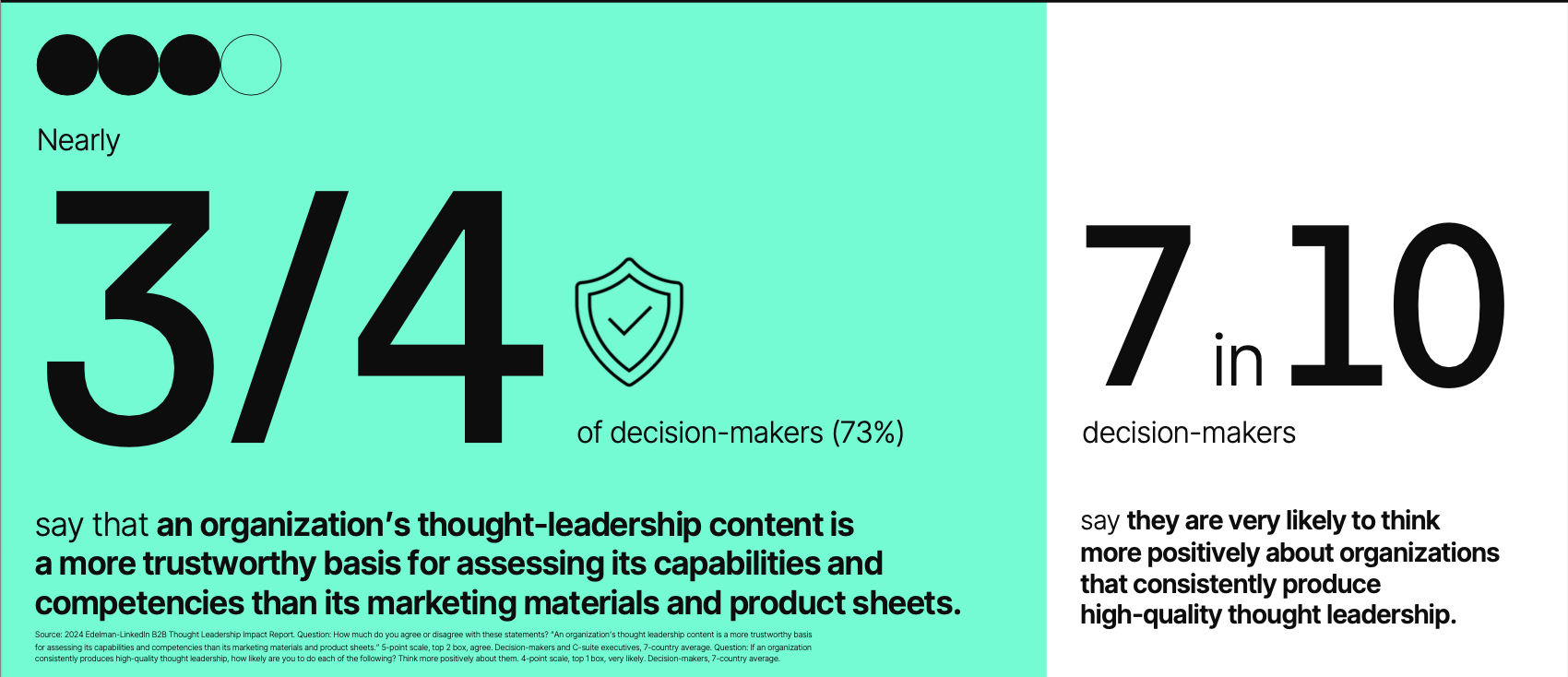
Source: The 2024 Edelman-LinkedIn B2B Thought Leadership Impact Report
10 AI thought leaders to follow in 2025
Like any industry, AI has no shortage of experts and influencers vying for public attention. Here are 10 AI thought leaders who stand right now for their knowledge, ideas and impact.
1. Jensen Huang
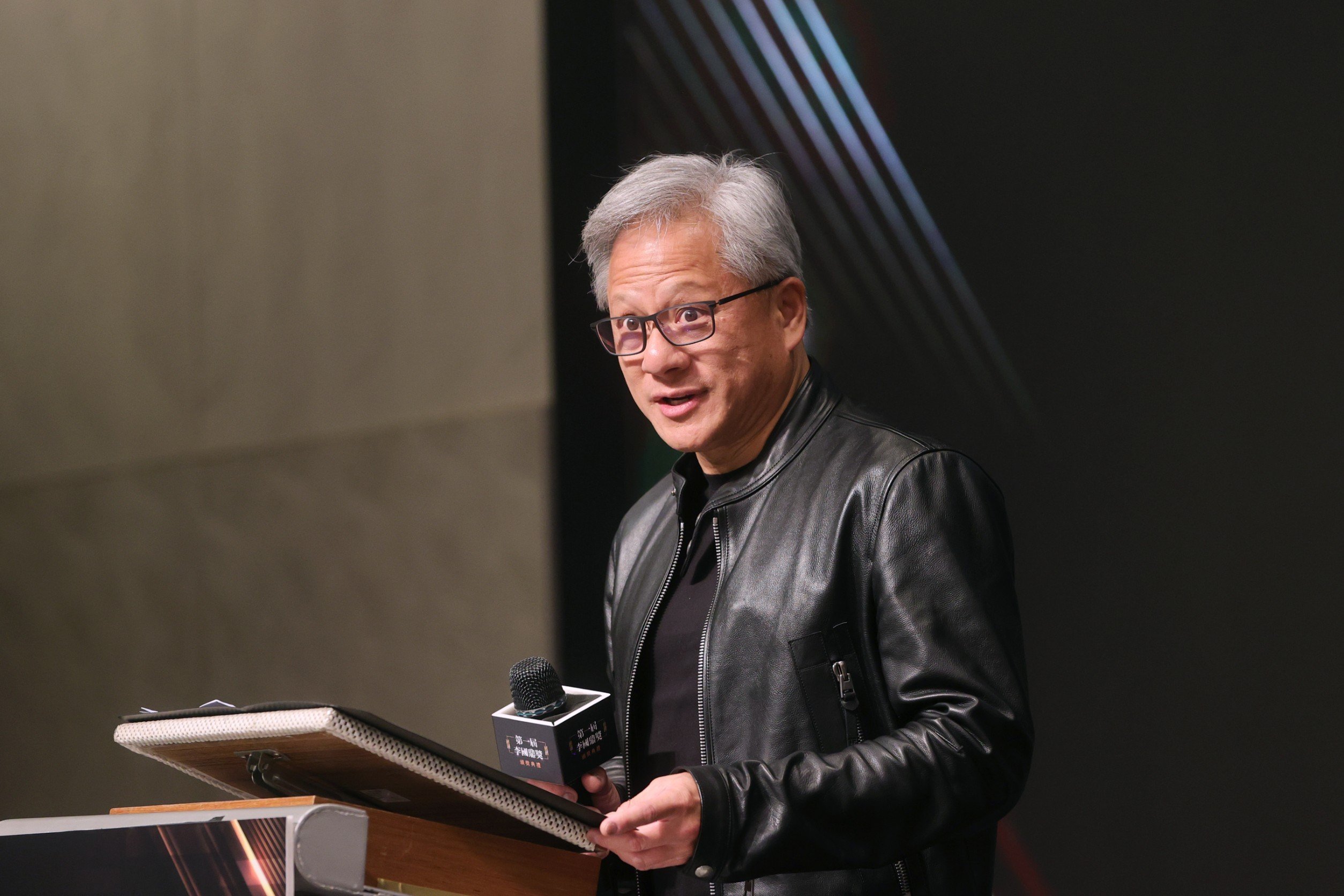
Nvidia co-founder and CEO Jensen Huang
Huang is-founder and CEO of Nvidia, whose sought-after AI graphics processing units (GPUs) have made it the first public company to top $4 trillion in market value. An unapologetic tech optimist, he thinks AI will fundamentally improve the way we work and live, even if the transition is bumpy.
A Top Voice on LinkedIn, Huang pops up everywhere from TV interviews to conferences to podcasts. Last year, Time named him one of the world’s most influential people.
2. Geoffrey Hinton
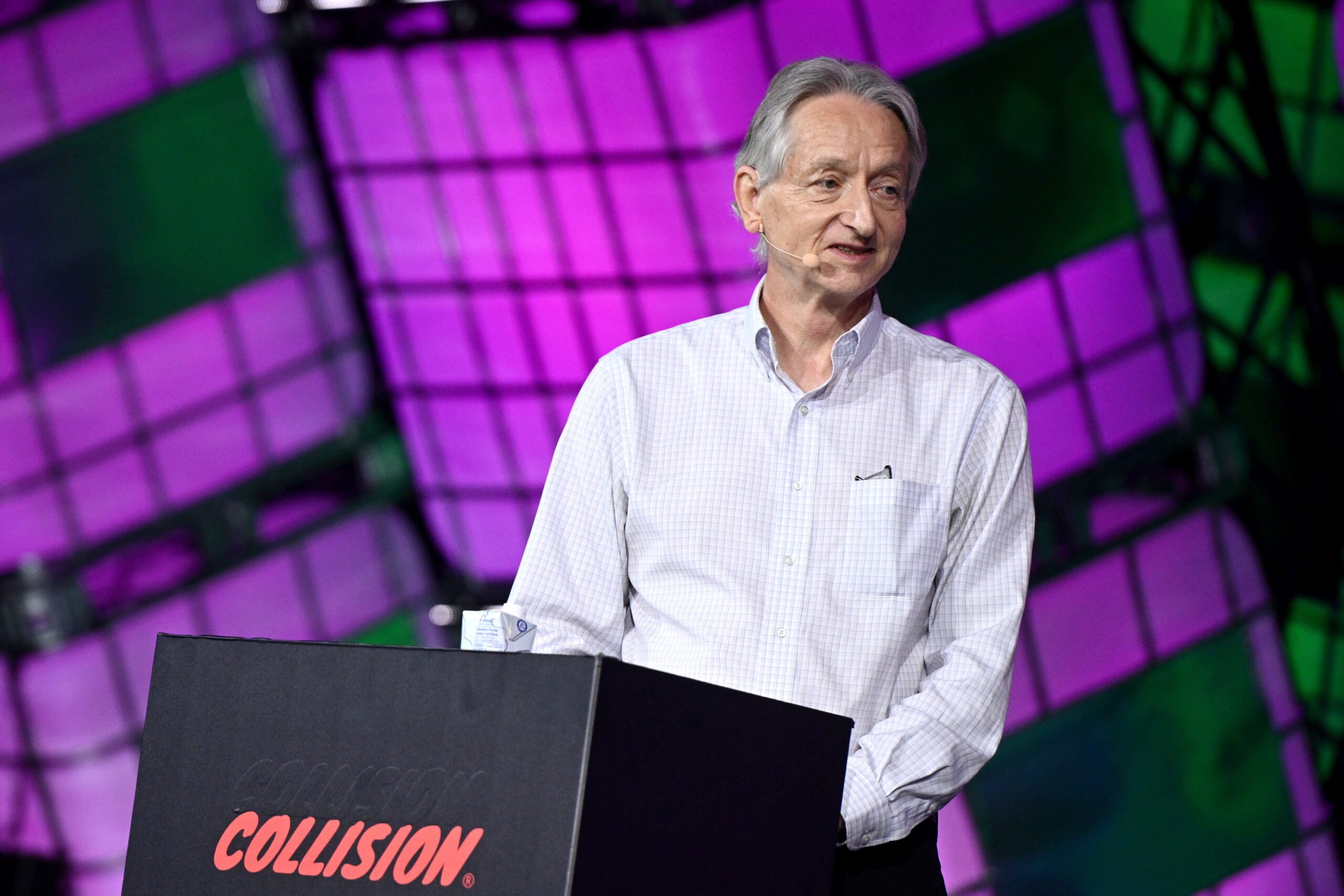
Computer scientist and cognitive psychologist Geoffrey Hinton
Dubbed a “godfather of AI,” Hinton is a computer scientist and a cognitive psychologist. The British-Canadian academic won the 2024 Nobel Prize in Physics for helping pioneer machine learning that uses neural networks, which laid the groundwork for AI development.
Hinton, who is active on X, often comments to the media and speaks at conferences. In recent years, he’s warned of the risk that AI agents could take control from people — and even wipe out humanity.
3. Dario Amodei
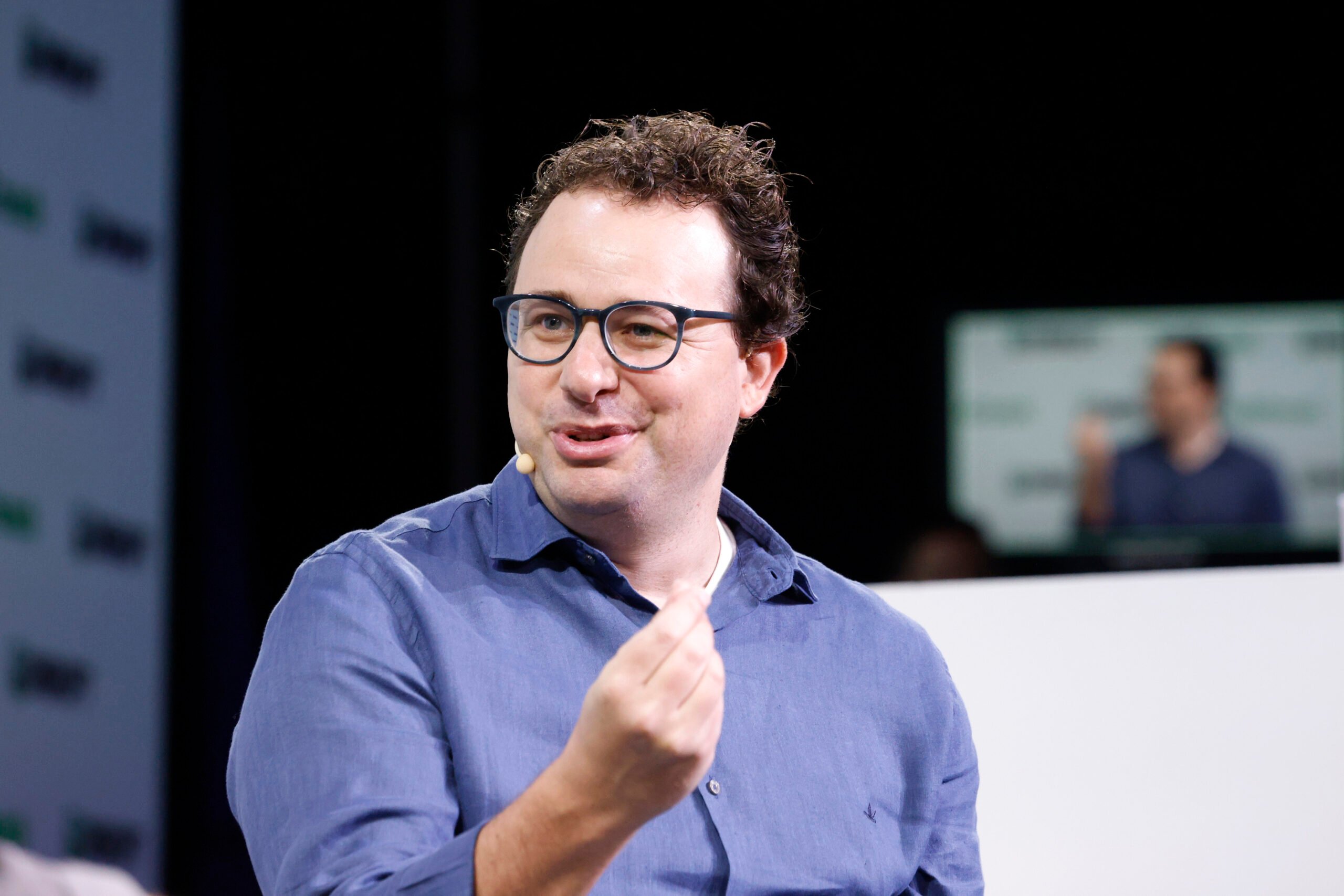
Anthropic co-founder and CEO Dario Amodei
Anthropic co-founder Amodei is a thoughtful commentator on AI — and an advocate for using it ethically. One of Time’s most influential people of 2025, the physics PhD and OpenAI alumnus often speaks in public and does interviews and podcasts. His blog posts include an in-depth essay on how AI could transform the world for the better.
But Amodei, whose company has a multibillion-dollar partnership with Amazon, is clear-eyed about AI’s impact on the labor force and the way it will eliminate vast swathes of jobs across many sectors. For example, he recently predicted that by next year, it will write nearly all code.
4. Fei-Fei Li
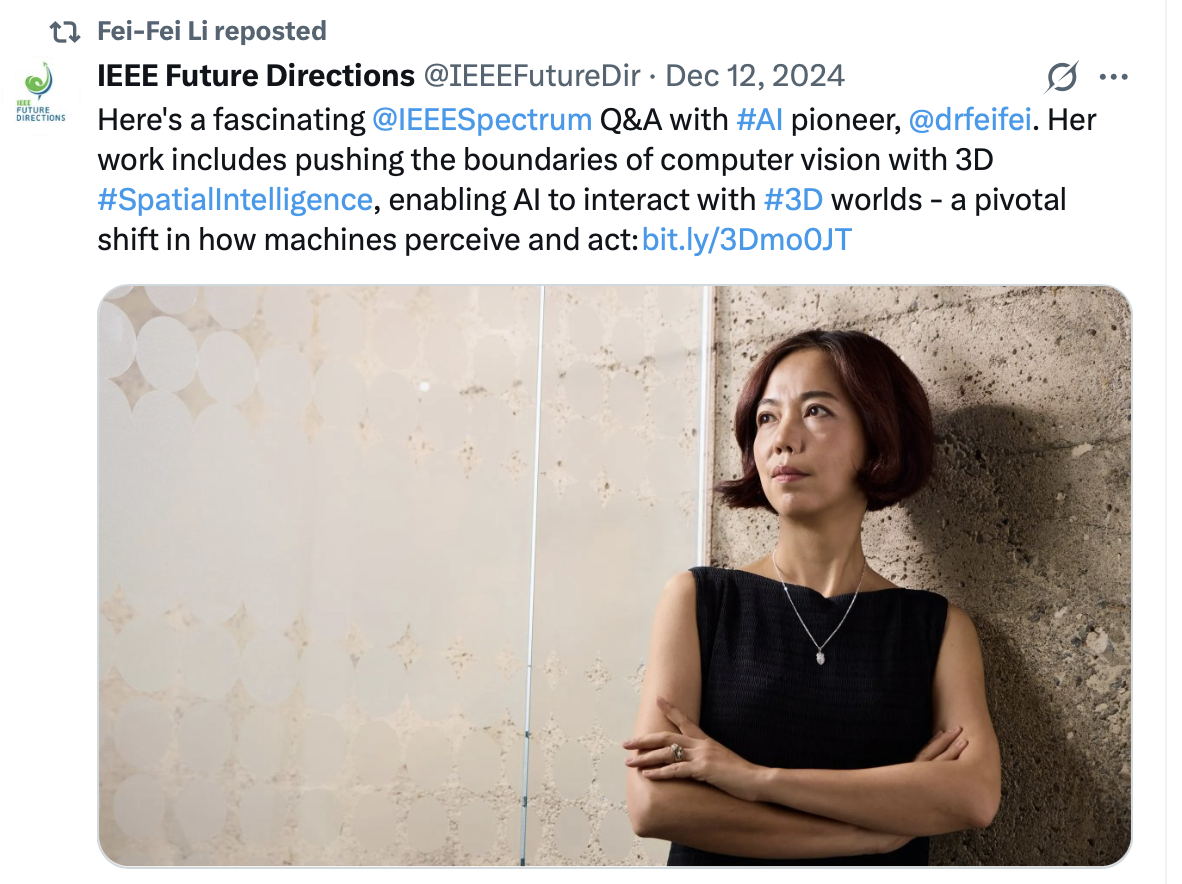
In a male-dominated space, computer science prof Li is the “godmother of AI.” Her claim to fame: ImageNet, a vast dataset of images that paved the way for computer vision and deep learning. Li now co-directs the Stanford Institute for Human-Centered Artificial Intelligence, which aims to advance AI research, education and policy to improve the human condition.
Accordingly, the founder of startup World Labs views AI as a tool whose risks must be managed. Li, who has a large X following, does frequent podcast and other interviews. In 2023, she published
5. Sam Altman
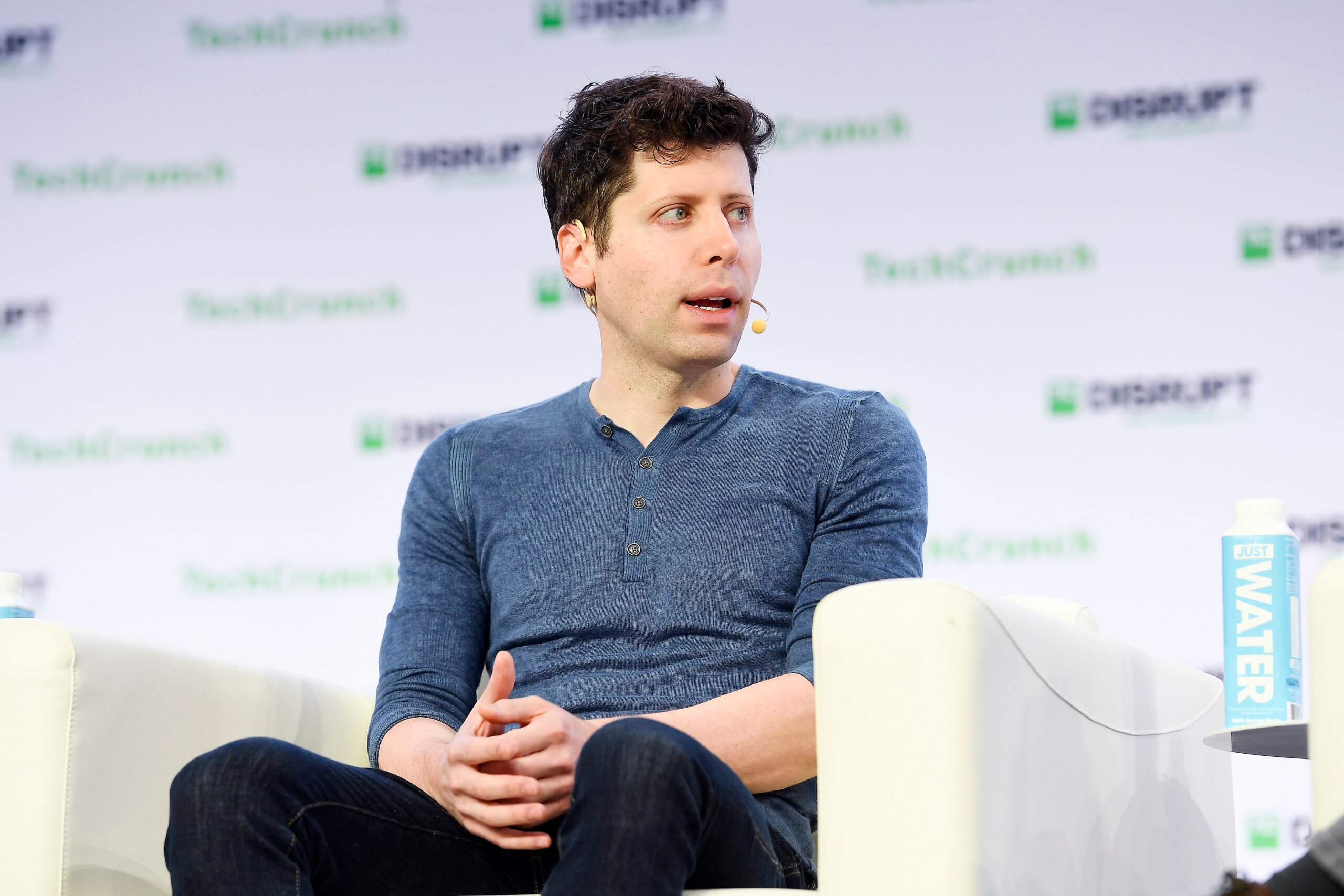
OpenAI co-founder and CEO Sam Altman
Altman, co-founder and CEO of OpenAI, took generative AI mainstream with the launch of ChatGPT in 2022. Like his company’s chatbot, the Stanford computer science dropout is a household name with huge reach and influence.
On X, on his blog, and in media and public appearances, Altman balances bullish predictions about AI’s power to change society with pleas to develop it safely and responsibly. Warning that the technology could pose an existential risk to humanity, he and other industry leaders have called for regulation.
6. Yann LeCun
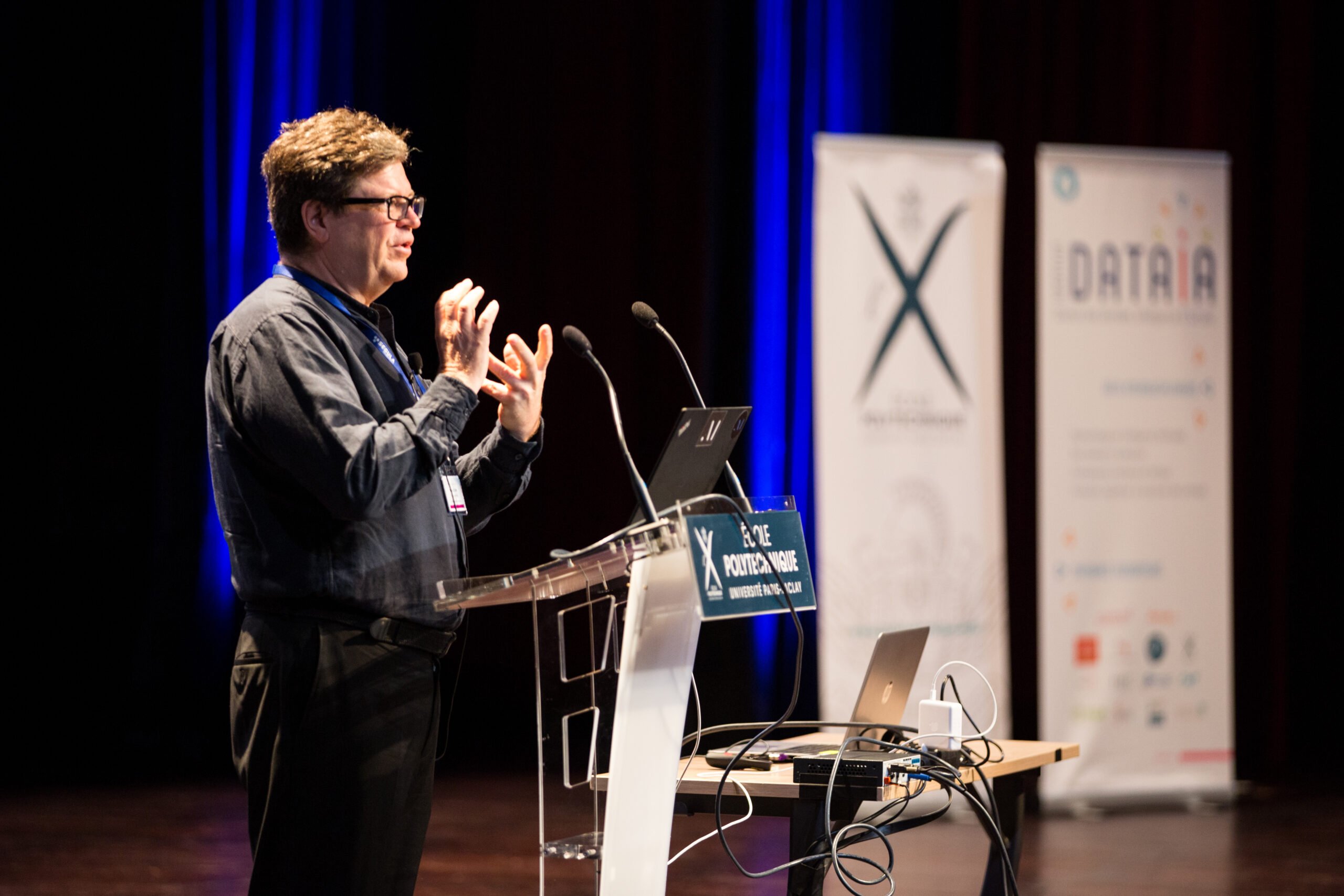
Yan LeCun, chief AI scientist at Meta
LeCun is chief AI scientist at Meta, but that’s just one of his many achievements. As another “godfather of AI,” the French researcher has made key contributions to deep learning and computer vision, among other technologies.
LeCun, who has roughly a million followers on both X and LinkedIn, believes generative AI and LLMs will soon be obsolete. His proposed alternative: advanced machine intelligence (AMI) that can reason, plan and understand the physical world. He’s also called fears of AI’s existential threat “complete BS.”
7. Kate Crawford
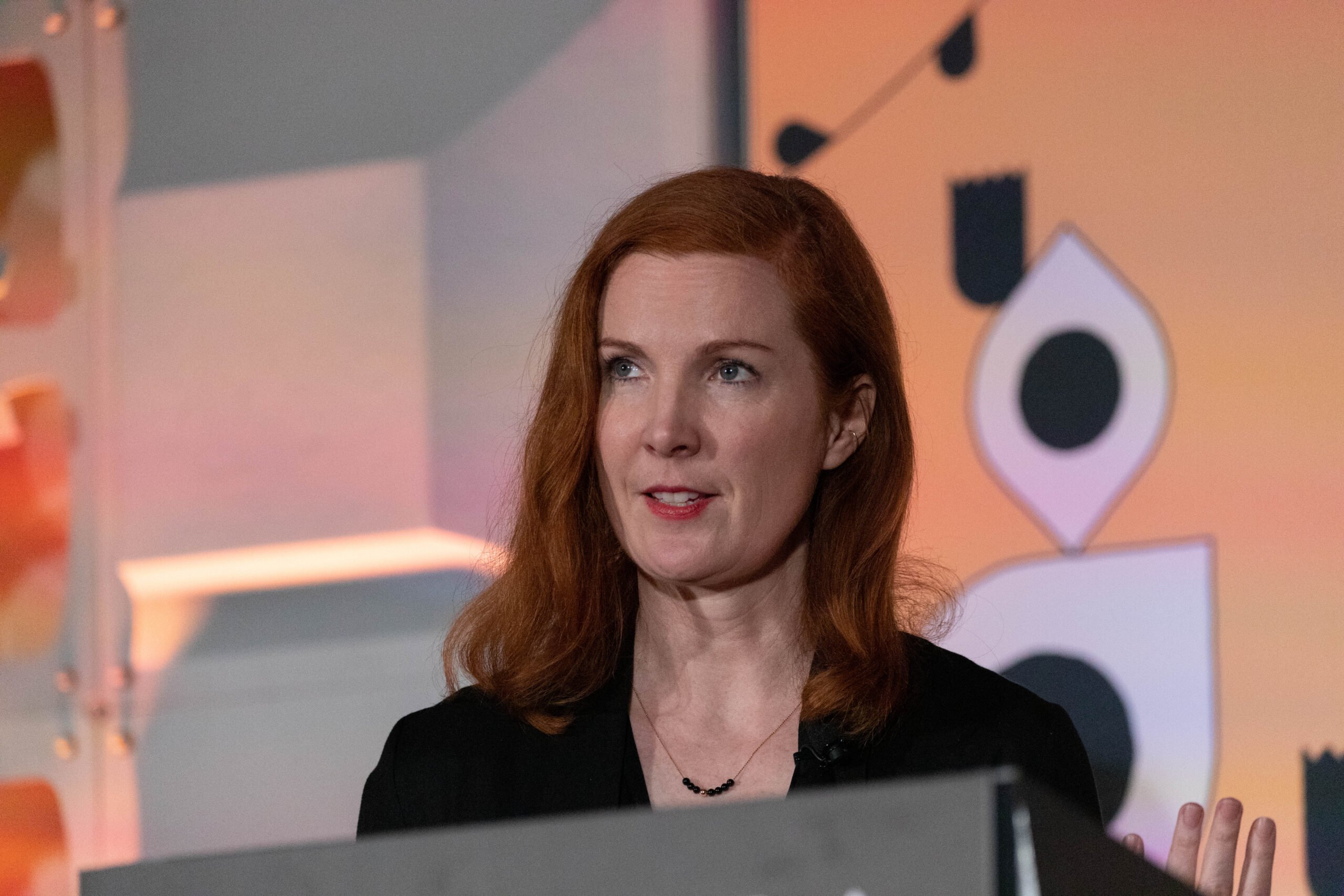
Kate Crawford, senior principal researcher at Microsoft Research
As scholar Crawford sees it, AI is neither artificial nor intelligent. After all, it’s made from natural resources and human labor. An author, composer, visual artist and academic, Crawford is senior principal researcher at Microsoft Research and has co-founded several research institutes.
In her 2021 book Atlas of AI: Power, Politics, and the Planetary Costs of Artificial Intelligence, she explores AI’s social and political impact. The takeaway: We need to stop talking about the ethics of AI and focus on power. The 100 most influential people in AI honoree, who has published her research widely, often gives interviews and participates in panel discussions.
8. Demis Hassabis
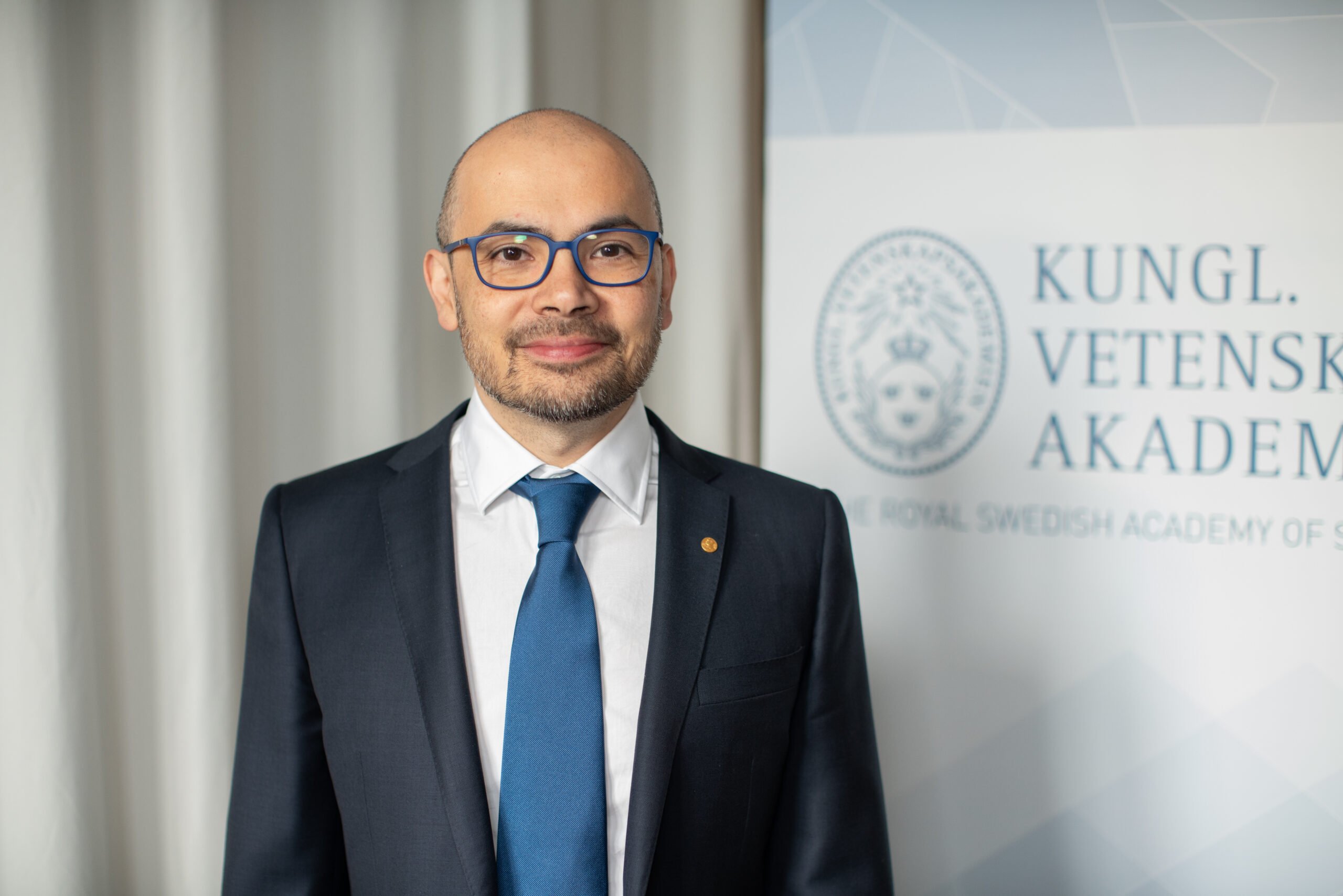
Demis Hassabis, co-founder and CEO of Google DeepMind
As co-founder and CEO of startup Google DeepMind, Hassabis is pursuing the Holy Grail of artificial general intelligence (AGI) — AI that equals or exceeds human intellectual capacity in almost every way. In a recent podcast appearance, the British researcher claimed we’re getting very close.
Hassabis shared the 2024 Nobel Prize in Chemistry for developing an AI model that can predict the structures of proteins. Excited about AI’s power to open up new realms of scientific discovery, he also frets about the tech going rogue or being harnessed by bad actors. Hassabis shares his views on X and LinkedIn, as well as in interviews and panel discussions. This year, he made Time’s list of the 100 most influential creators.
9. Andrew Ng
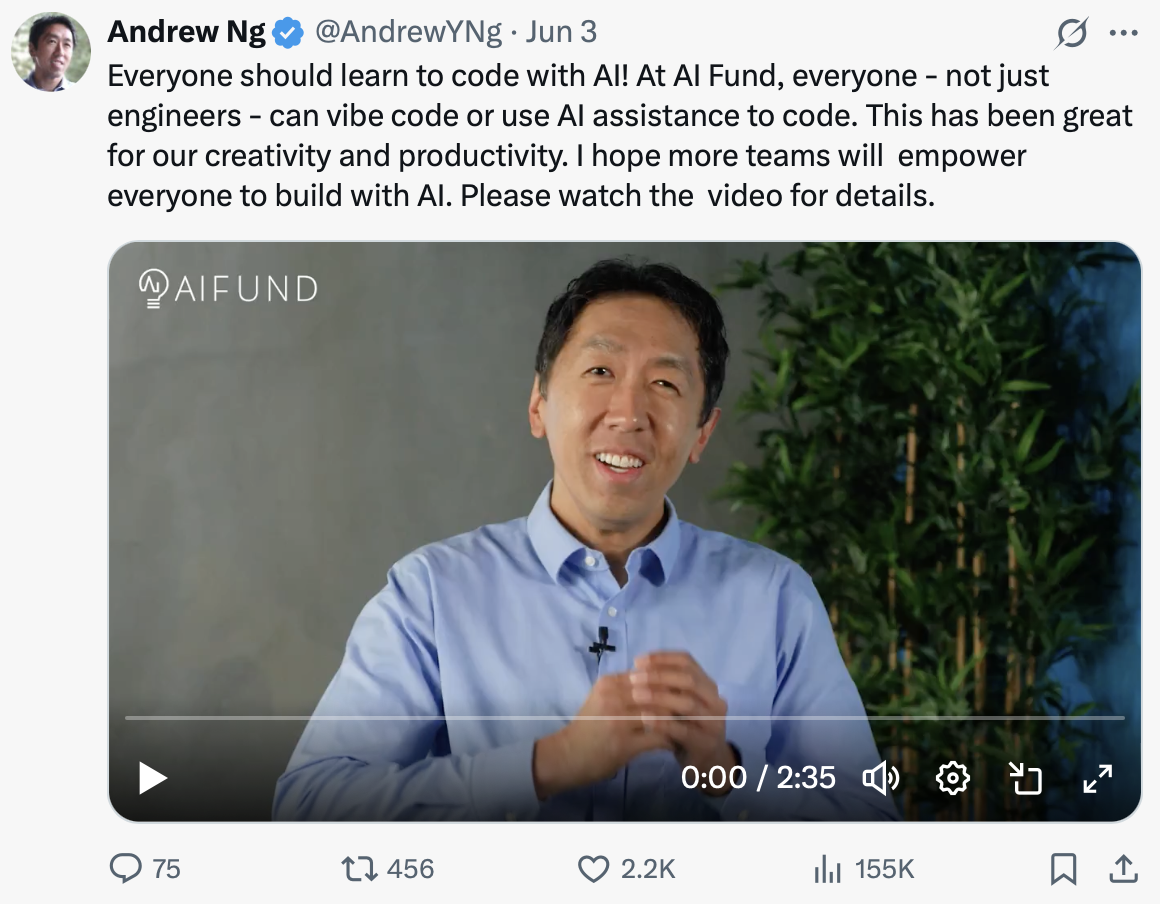
Andrew Ng. co-founder of Coursera and DeepLearning.AI
Entrepreneur, academic and computer scientist Ng is a major force in machine learning and online education. He’s a pioneer of deep learning, which uses neural networks to simulate the human brain. Previously head of AI research team Google Brain and chief scientist at Chinese tech giant Baidu, he also co-founded platforms Coursera and DeepLearning.AI. He now leads AI Fund, a “venture studio” focused on accelerating AI innovation.
Ng, who has called AI the “new electricity,” believes it has vast potential to empower people and improve society. Predicting that AI will transform but not replace jobs, he’s more worried about overregulation. A Top Voice on LinkedIn with an audience topping 2.1 million, Ng has 1.2 million followers on X.
10. Andrej Karpathy
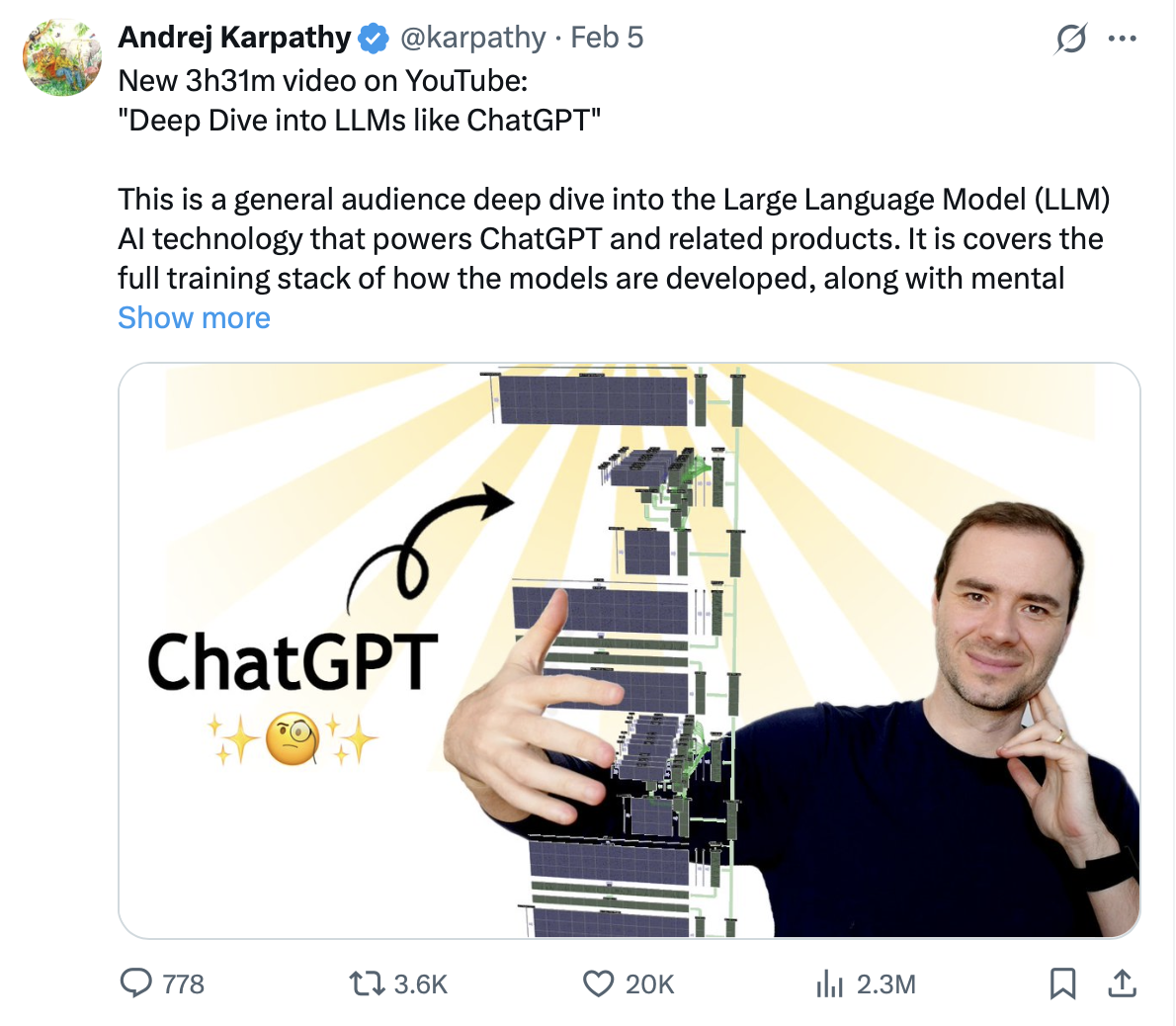
AI researcher and educator Andrej Karpathy
Karpathy has covered a lot of ground in a fast-moving industry. A founding member and research scientist at OpenAI, he went on to become senior director of AI at Tesla, where he led the computer vision Team for Tesla Autopilot.
Last year, Karpathy launched Eureka Labs, an online platform that aims to apply AI assistants to education. For now, he warns, it’s best to “keep AI on a leash” rather than leave agents unsupervised. Karpathy, who has 1.3 million followers on X, also hosts a popular YouTube channel featuring educational videos on AI.
How to Become a Thought Leader Yourself
All of these AI thought leaders have made a name for themselves by drawing on their expertise, communicating clearly with their audience, and sharing unique insights through a variety of channels.
As a result, they’ve gained trust, authority and influence in a field that grows more crowded by the day. And they’ve translated this into positive impact on their companies, products and initiatives — from media attention to investment and customer interest. All this amounts to proof positive of the power of effective thought leadership: in fact, studies show thought leaders reap 14x ROI from their efforts.
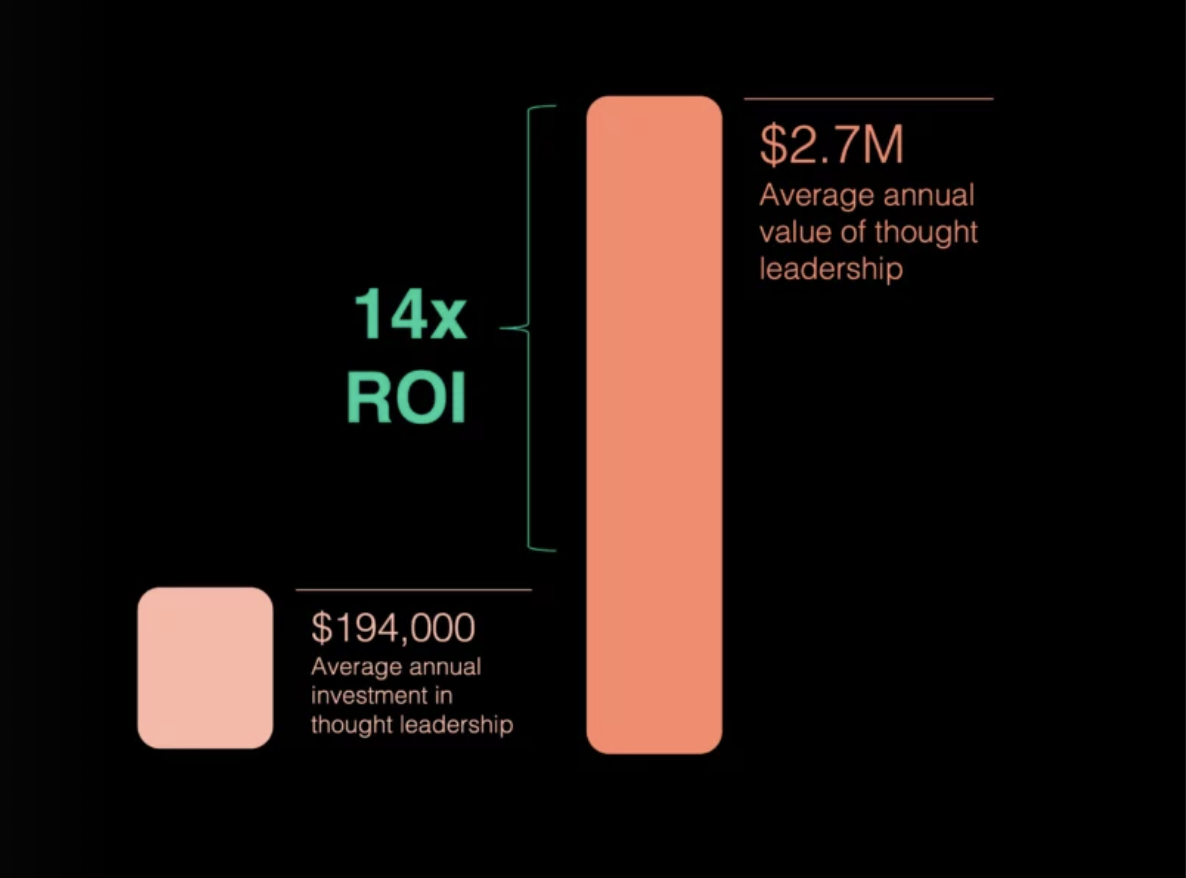
Source: The Harris Poll
No matter what industry you work in, the same principles of thought leadership apply. But for a busy executive, becoming a thought leader on your own is easier said than done. An agency like ours does much of the heavy lifting — by working with execs to create and execute a winning thought leadership strategy.
Curious How Your Company’s CEO is Doing on LinkedIn?
We specialize in helping executives put their best foot forward. If you’re curious how your company’s CEO is doing on LinkedIn, share a link to their profile, and we’ll prepare a customized CEO LinkedIn Impact Report Card like this. Follow this link to see how your CEO stacks up.
Follow this link to see how your CEO stacks up.



